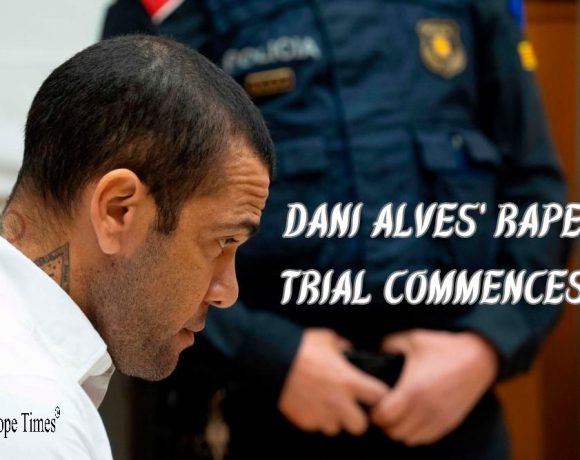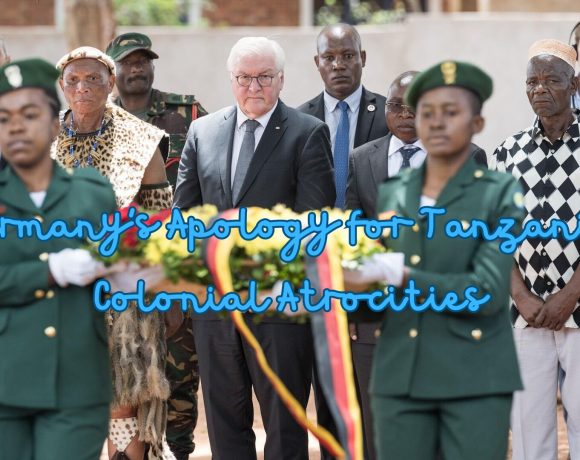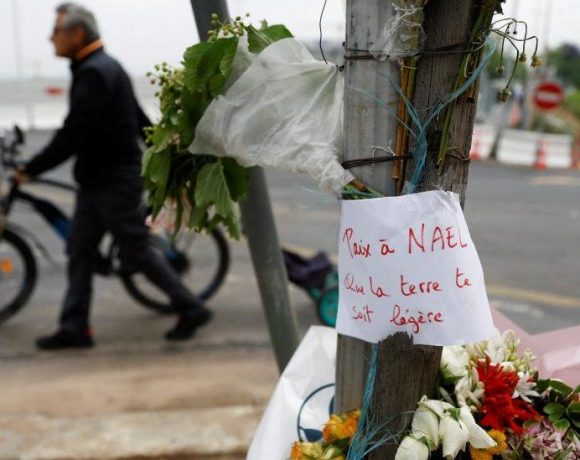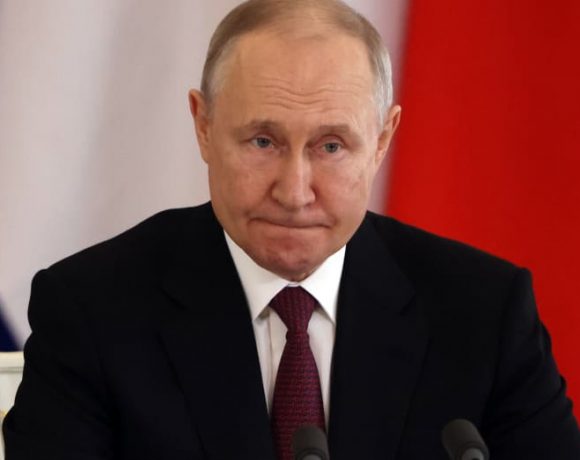
In France’s most significant cyberbullying case to date, twenty-eight individuals have been sentenced to jail terms of up to 18 months for harassing influencer Magali Berdah. The harassment, orchestrated partly by French rapper Booba’s campaign against “thieving influencers,” had severe impacts on Berdah’s mental well-being, as stated by the court in Paris.
Booba, also known as Élie Yaffa, faces his own legal proceedings for aggravated harassment, which he denies. Berdah, renowned as “the queen of influencers” in France, has faced relentless online abuse encouraged by Booba’s posts, according to her lawyers.
The court emphasized that each defendant willingly participated in the cyberbullying, resulting in jail sentences ranging from four to 18 months, with some terms suspended. Berdah, expressing relief at the verdict, described it as a “beautiful victory,” highlighting the anguish the bullying caused her over two years.
The convictions, according to Berdah’s legal team, underscore the accountability of individuals for their actions online, emphasizing that nobody is immune from consequences behind a keyboard. In addition to fines and court costs, the defendants were ordered to pay a total of 54,000 euros in compensation to Berdah.
Booba has denied leading an online “mob,” despite accusations. Notably, he has been involved in previous controversies, such as a 2018 brawl at a Paris airport with fellow rapper Kaaris, resulting in both receiving suspended jail sentences.
Separately, Berdah faces legal proceedings for money laundering, with her marketing company Shauna Events under investigation for fraud.
Picture Courtesy: Google/images are subject to copyright






